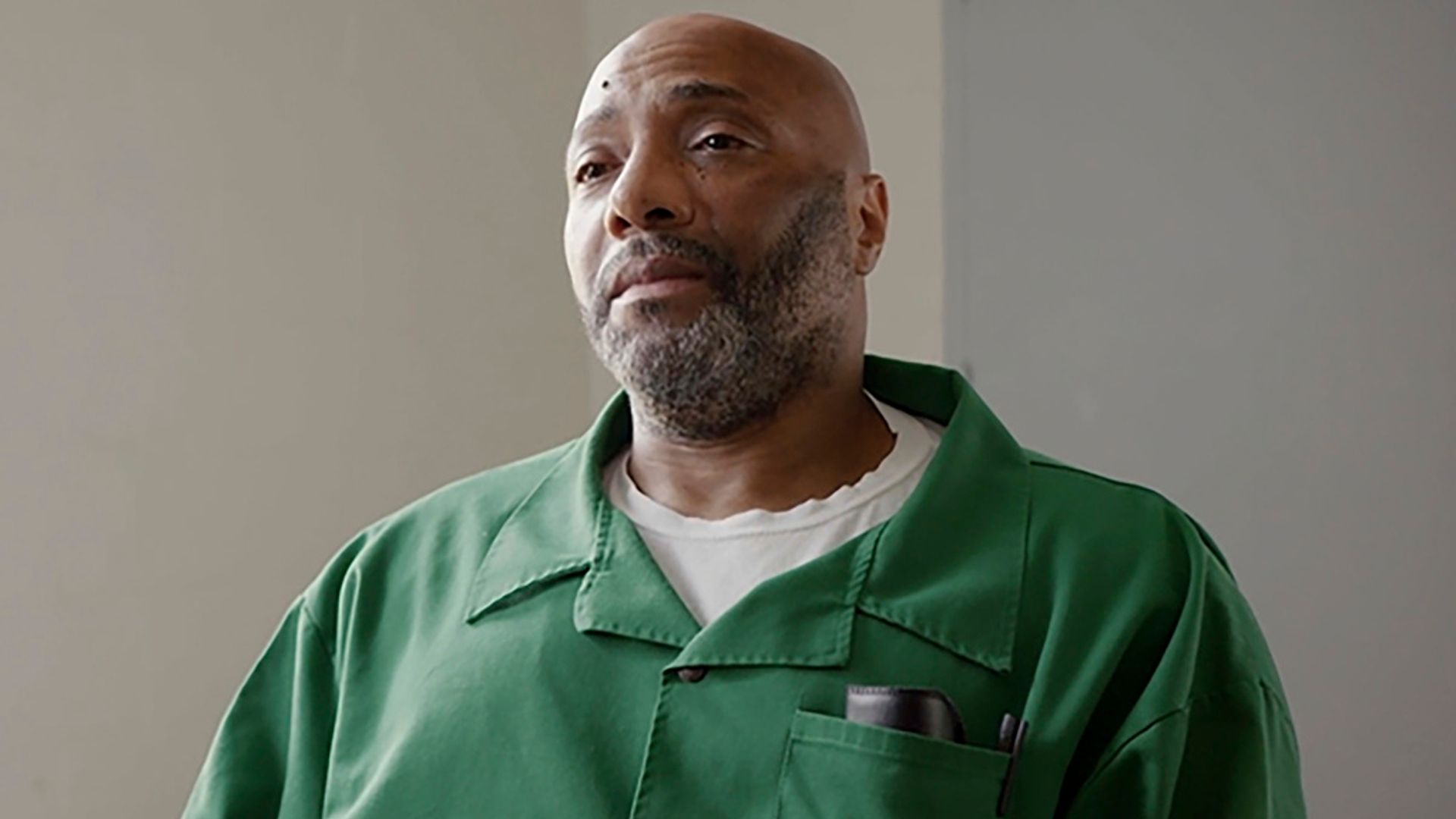
Amy Fried is a political science professor at the University of Maine. Her views are her own and do not represent those of any group with which she is affiliated.
After Republicans did a lot worse in the 2022 elections than historical averages, the incoming Maine House minority leader portrayed his party as a victim. What happened, explained Rep. Billy Bob Faulkingham, was that the Republican Party didn’t define itself. Instead, he said, “We’ve been branded by our opposition.”
But this complaint is off base. Republicans had their own campaigns, with more than adequate resources and opportunities for branding themselves.
Moreover, Faulkingham was part of political messaging. This fall he appeared in an ad for former U.S. Rep. Bruce Poliquin, identified on screen only as a lobsterman (which he is) named Billy Bob of Winter Harbor. Wearing fishing gear and a cap on a lobster boat, Faulkingham epitomized an iconic Maine image — a brand.
For Republicans to address what went wrong for them, they should come to grips with what was and remains in their control.
One thing that mattered was the GOP’s embrace of former President Donald Trump and Trumpism, even after the chaos of Trump’s presidency and the January 6 insurrection. President Joe Biden’s highlighting threats to democracy spoke to Americans’ commitments to our norms and institutions.
Expecting that voters might see things this way was not that hard. As I wrote in my column six months ago, “after Trump, how many Mainers would want to go back to all that science denial, insults and associated drama?” Yet the Maine GOP, without any consideration of any other candidate, picked for their gubernatorial candidate former Gov. Paul LePage, a man who dubbed himself “Trump before Trump.”
The election also took place against another sort of extremism, the Supreme Court overturning a right women had for almost 50 years. That decision was exceedingly unpopular. And, as I wrote in mid-September, women weren’t “forgetting about abortion rights.”
Yet U.S. Sen. Susan Collins found it mysterious that Democrats — the party that backs abortion rights — kept control of the Senate, saying, ”We still need to do an impartial review of where we could have done better. A clear factor is that we lost independent voters. Why was that? What do we need to do to regain their trust?”
When it comes to lost trust, Collins might look in the mirror. She vouched for Brett Kavanaugh’s respect for abortion precedents before casting the decisive vote to put him on the Supreme Court. When she ran for re-election in 2020, Collins asserted it was “extremely unlikely” the Supreme Court would nix reproductive rights. Those failed assurances undermine Collins’ credibility.
Even more, the weekend before this year’s elections, Collins campaigned for Dr. Mehmet Oz in suburban Pennsylvania and vouched for him on abortion, saying Oz held a “mainstream position.” That’s simply untrue. Oz said “local political leaders” should help make abortion decisions. The mainstream view is that there should be a federal right to abortion.
In Pennsylvania and elsewhere, views about ending that right motivated voters and helped Democrats.
But after the election, there’s little indication of lessons learned.
In Maine it wasn’t surprising to see Larry Lockman, a former state legislator, call for greater engagement on culture war issues.
But similarly incoming Maine Senate Minority Leader Trey Stewart argued, “We have to confront the cultural war.” After a campaign in which Republicans campaigned against nonexistent grocery and gas tax increases, Stewart contended his party should “not just make it about the economy.” It should also stand against other things that don’t exist — “businesses are being shut down because of the woke culture – and parents are being boxed out of important decisions about their children.”
And nationally, the incoming House Republican majority is ignoring the economic issues they highlighted in the campaign in favor of conspiratorial attacks — promising investigations of Hunter Biden, the Department of Justice and Nancy Pelosi and pressuring private investment managers they see as hostile to oil, gas and coal.
Meanwhile Americans reject extremism, support rights and want attention to the needs of their families, the community and the nation.
If Republicans are unhappy with their brand, they should take responsibility and take a different course that speaks to the broad public. Given the realities of their coalition, that won’t be easy. But blaming others won’t work because Republicans are not victims and voters know it.










